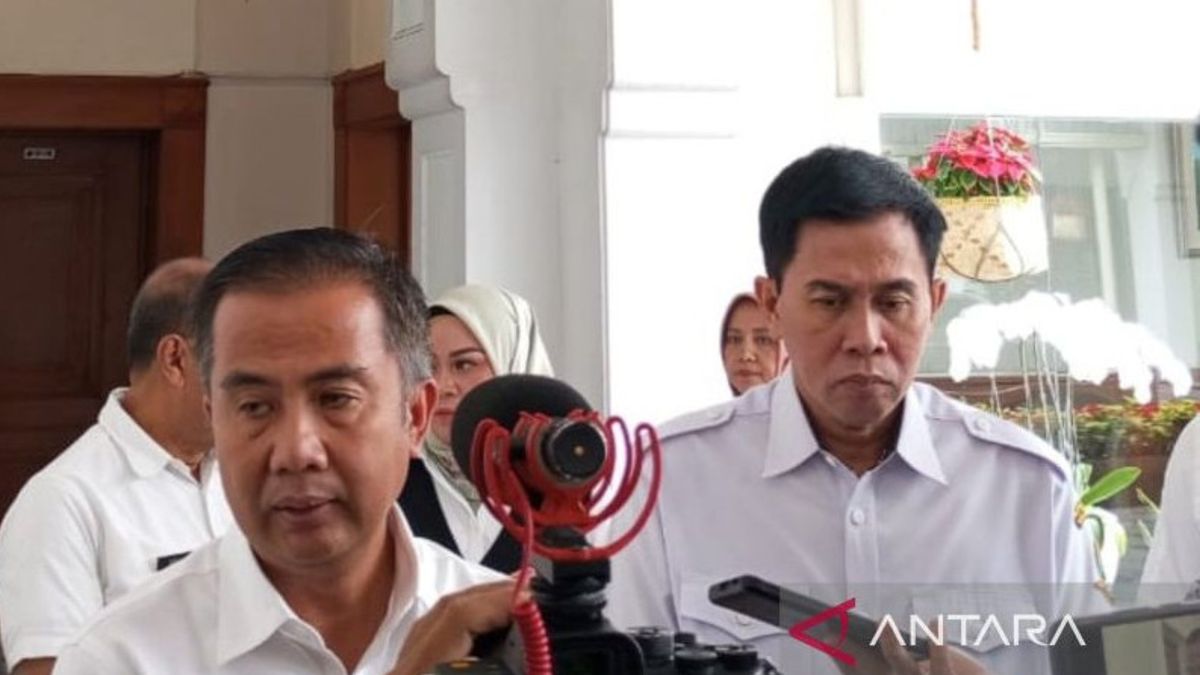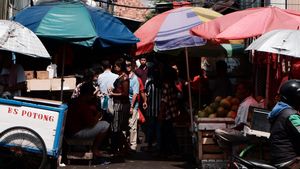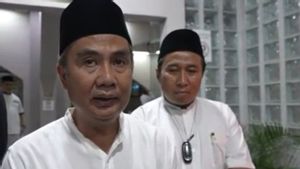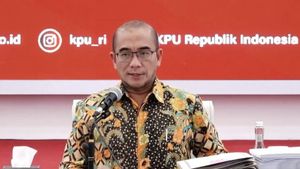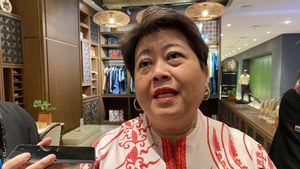BANDUNG - Acting Governor of West Java (Jabar) Bey Sapihi Machmudin emphasized that rice in West Java is not in a state of deficit, instead the stock is sufficient until Eid al-Fitr on 10-11 April 2024.
"The West Java rice stock until Lebaran is safe, and is not in a deficit situation," said Bey Machmudin, at the Sate building, Bandung, as reported by ANTARA, Wednesday, March 13.
To keep rice available to the public, Bey said the West Java Provincial Government continues to communicate intensely with Bulog to provide rice in retail.
However, according to Bey, the distribution of rice from Bulog to retail came gradually, considering that the rice reserves had to be processed first, causing the amount to seem small.
"We have to pack all kinds of things, so the numbers are small," he said.
Therefore, Bey appealed to the public to remain calm in responding to the scarcity and increase in several commodities, by adjusting spending to needs.
In addition, Bey also asked district and city governments to be more aggressive in holding massive low-cost markets to ease the burden on the community, not only relying on provinces.
"Apart from the community, there is no need to panic buying, cheap markets (should be) engaged in districts and cities, so we don't just (province). But back to the respective budgets (regencies/cities) whether there are any or not," he said.
SEE ALSO:
Previously, the Head of the West Java Food Crops and Horticulture Service, Dadan Hidayat, said that in the near future West Java will harvest rice with a duration of three months, April-May-June.
Dadan said the total area of ready-to-harvest rice fields is around 200 thousand hectares which will produce milling dry unhulled rice (GKG) an average of 5.7 tons per hectare or a total of about 1.1 million tons of GKG.
"The result of the rice is how much, it remains to be multiplied by 57.7 percent. According to the BPS calculation, the dry milling unhulled rice is converted to rice, which is 57.7 percent," he said.
For long-term food security, the local DTPH will also optimize rain fields with the help of the pumping system, this system is planned to start testing during the April-September planting season.
"We will try to make an inventory of the potential for rain fields and pumping. We already have data on 300,000 hectares and can be harvested twice," said Dadan.
The rain and pumping rice system is an initiation of the Ministry of Agriculture which is accelerated by provinces and district and city governments.
The English, Chinese, Japanese, Arabic, and French versions are automatically generated by the AI. So there may still be inaccuracies in translating, please always see Indonesian as our main language. (system supported by DigitalSiber.id)
